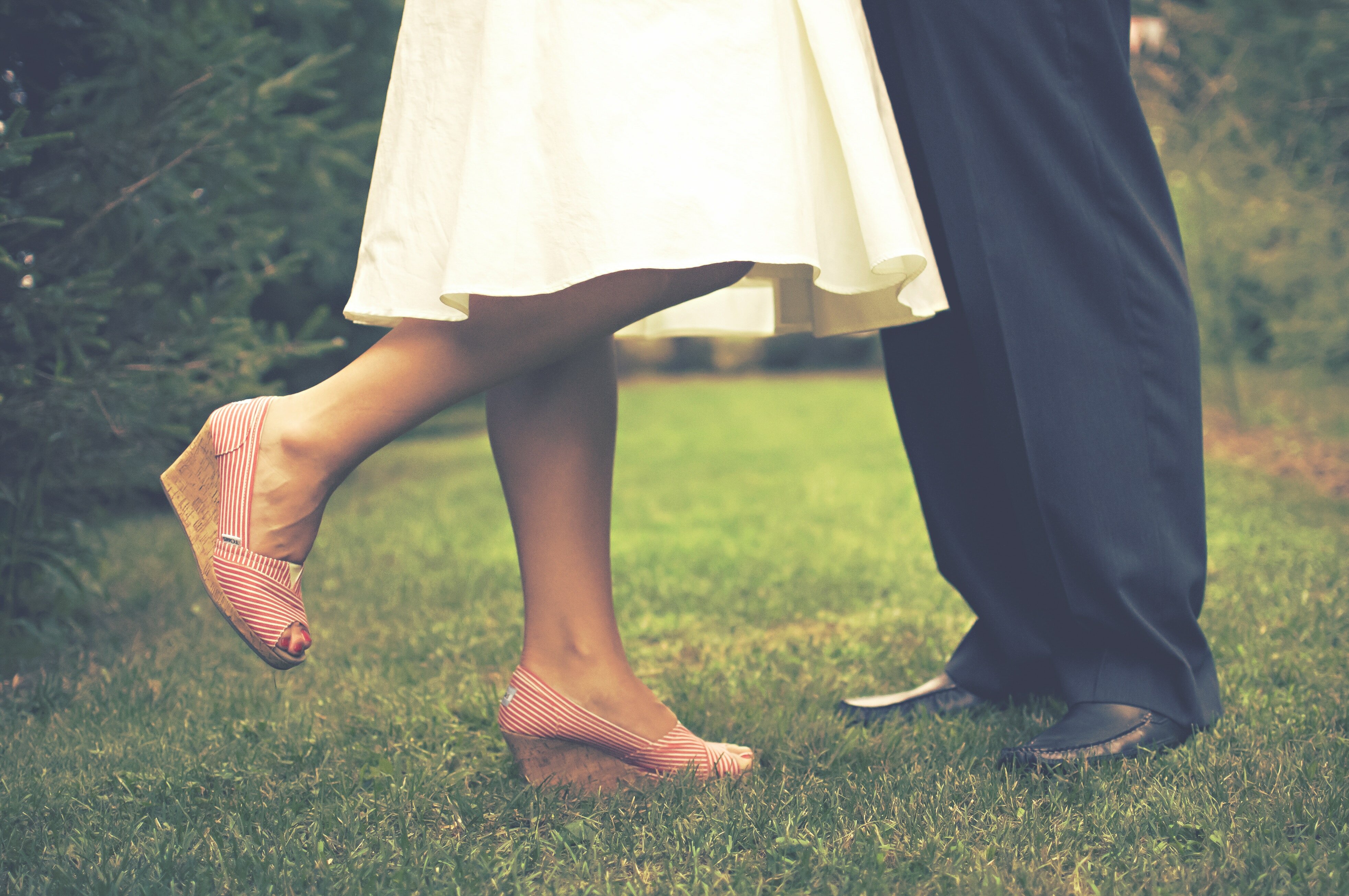The word “cisgender” refers to any person for whom the gender assigned to them when they were born is accurate to the person that they are.
In the 21st-century American culture I live in, almost all people are either designated to be male or female when they are born. So if a person is cisgender, the male or female designation given to them when they were born turns out to be an accurate representation of them as a person. This means there are two subcategories of cisgender:
- Cisgender men are people who were designated male at birth and identify with the male gender
- Cisgender women are people who were designated female at birth and identify with the female gender
In this culture, we assume that every single person is cisgender by default. This is known as a cisnormative culture. If someone turns out not to be cisgender, they still start out presumed to be cisgender, and need to go through a coming out process to be treated as anything other than that.
(A person who doesn’t agree that the gender assigned to them at birth is accurate is a transgender person.)
Here’s a simple way of thinking of it: if you don’t have a problem with the “M” or the “F” on your birth certificate, you’re probably cisgender.
Etymology of “cis” and “trans”
Cisgender is sometimes abbreviated to “cis,” and transgender is sometimes abbreviated to “trans.” These are Latin roots that have the following meanings:
Cis: on the near side of; on this side of
Trans: across, beyond, or through
Not all cisgender people follow strict gender norms
There’s a lot of variance in how cisgender people express their gender.
For example, there may be extremely feminine cisgender women who love to accessorize and wear makeup. There may also be cisgender women who are tomboys, who wear masculine clothing, or who have more masculine personalities.
Wherever a woman falls in this spectrum, the thing that makes her cisgender is that she identifies as her birth gender.
Not all cisgender people are straight
Plenty of cisgender people are part of the LGBTQ community. There are gay, pansexual, asexual, and bisexual cisgender men & women. There are cisgender men & women who express themselves in a way that is transgressive to gender norms, but still identify as their birth gender.
Sexuality and gender are different things, even though there’s sometimes overlap in how they express themselves.
Some people realize later on in life that they are not cisgender
Not every transgender person realizes they are trans early on in life. It’s easy for transgender people to think they’re actually cisgender, and it might take them a long time to come to understand their true gender identity. This can be for all kinds of reasons:
- It seems like being cisgender is the only option, so they deeply repress their feelings and lose connection to who they are
- They are part of a social group that doesn’t think transgender is real, so it’s hard for them to treat their understanding of their own gender as valid (this happened to me)
- They misunderstand who they are as something wrong with them that can be fixed
- Or any number of other reasons
Not all cisgender people know they’re cisgender
Because in this culture we assume everyone is cisgender by default, many cisgender folks just think of themselves as “normal,” and don’t even consider their gender to have any special designation whatsoever.
This is as opposed to transgender people, who have to be conscious of their gender, and even are forced to defend and prove it to people who often don’t think it’s real.
It’s not uncommon for a cisgender person to feel so entitled to thinking of themselves as the default—and for everyone not like them to be a less-human anomaly—that they assert that “cisgender” is an insult or slur. Only transgender people should need to label themselves, because they’re the “others.”
If you happen to be a cisgender person who is just now learning that that’s the word for what you are, a much more compassionate response is to learn about the privileges you take for granted in being seen as the normal, accepted, default sort of person. When one group is seen as the default, it’s at the expense of everyone outside of it.
More gender terminology articles you might find helpful:
